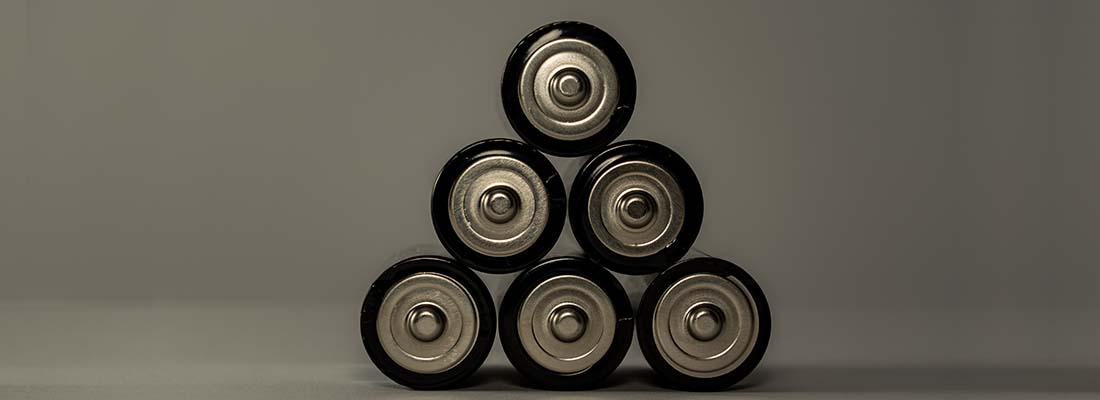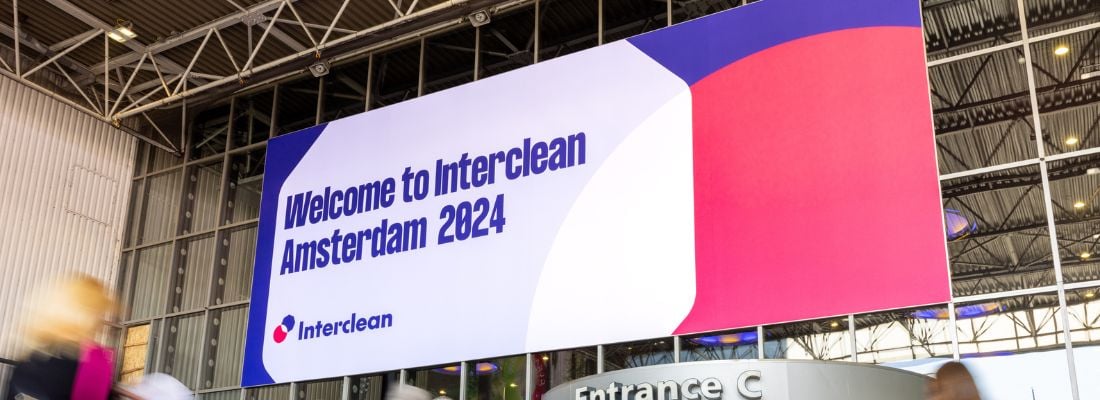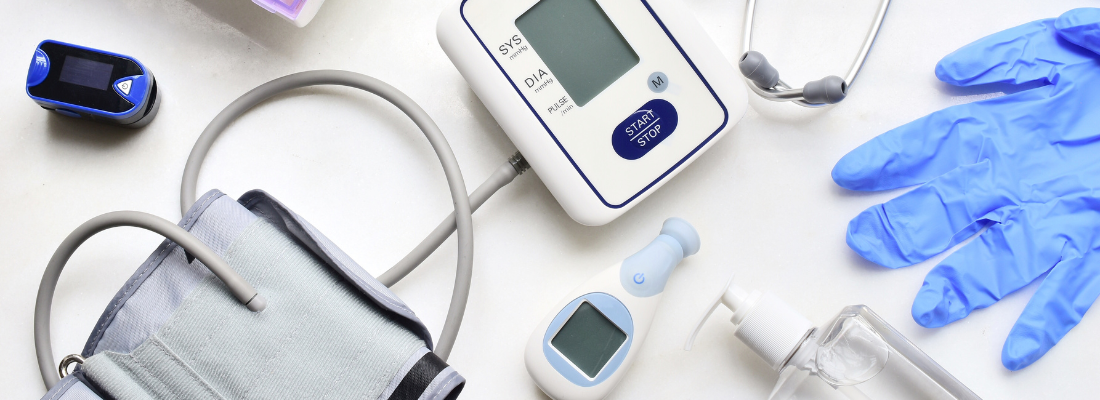Battery innovations and its effect on wireless cleaning equipment
The volume of battery powered devices is increasing rapidly as the world innovates and tries to find alternatives sources of power to climate polluting fossil fuels. One area where battery technology is key is the cleaning industry. Batteries can be used to improve the run time, sustainability and autonomous capabilities of cleaning machines.
Batteries in the cleaning industry
Commercial and industrial cleaning equipment needs specialist batteries to maintain productivity and performance. Batteries are one of the greatest costs relating to these cleaning machines, so it is important that the right batteries are used and properly maintained. Battery technology on the market includes Solid State batteries, Traction batteries, Gel Maintenance Free batteries and Lithium-ion batteries.
There are batteries available to fit all battery-operated floor cleaning machines including floor cleaners, scrubbers, dryers and sweepers. Cleaning equipment that can be efficiently operated by battery is not limited to floor-based cleaners, there are also backpack cleaning machines. Industrial backpack vacuum cleaners are portable and sit on the back of the user, allowing for cleaning of high up and hard to reach areas.
One question that people may ask is why use battery-powered cleaning machines rather than diesel or mains powered cleaners? With plug in cleaning machines there is of course a restriction on the size of the area that can be cleaned. Leads and cables also present a trip hazard. The good news on this front is that batteries are playing a role in the development of cordless power equipment, thereby eliminating dangerous cords.
Diesel powered cleaning machines will become increasingly obsolete as the world moves to more sustainable sources of power. Diesel fuel is being fazed out as the world increasingly embraces battery-operated cars and other machinery. The power of the sun is also being used to sustainably power batteries in solar panels. Innovative manufacturer Tesla is leading the way by accelerating the world’s transition to sustainable energy with its electric cars, as well as solar and integrated renewable energy solutions.
Recharge rate
With this in mind, battery-operated cleaning machines are likely to become the popular cleaning solution of choice in the future. Although they are praised for their flexible cleaning abilities some people still have reservations about them, particularly because time spent on charging batteries could be seen to have an adverse effect on productivity.
Although it may be true that charging batteries can be time consuming, batteries can often be charged in a machine’s down time, ensuring that cleaning equipment is ready to be deployed when needed. Battery technology is also constantly evolving and making batteries more efficient, meaning the frequent recharging that limits working time has become less of an issue.
Challenges for battery suppliers
The main challenges for battery suppliers currently are energy density, low volume and capacity at lower temperatures. However, the fact that the cleaning industry is seeing more and more battery powered machines and equipment is because the energy density of batteries is increasing, the weight and size are going down and durability (the number of loading cycles) is also increasing.
In fact, the increasing efficiency of batteries has brought many benefits in terms of reliability and flexibility within the cleaning process. With efficient batteries on board, cleaning machines can work long shifts without a problem. They can also work at any time of the day or night, providing increased levels of flexibility. As soon as battery capacity improves, the size of cleaning machines will go down and the weight will be reduced, meaning many new cleaning applications will be feasible.
Batteries and cleaning robots
The high level of reliability and productivity provided by newly developed cleaning machine batteries is particularly important when robot cleaners are being used to clean large areas. These machines can be programmed to clean independently but must be able to rely on efficient batteries to complete the job on time and to a high standard.
Spaces where cleaning robots may be deployed to clean extensive floor space include airports, hospitals, retail properties such as shopping malls and department stalls, large office buildings, schools, universities and industrial plants. In fact, there are hundreds of scenarios within the healthcare, education and business sectors where these kind of efficient cleaning machines are essential.
Environment and health
The environmental concerns around batteries and their disposal, something that may have previously put people off, are also increasingly being addressed. Batteries must be made to be more environmentally friendly in a world where there is such a focus on climate change and the need for greener technology. With the global demand for batteries set to increase 14 fold by 2030, there is responsibility to ensure that increasing battery production and use does not affect the environment.
Batteries help to cut pollution by eliminating the need for harmful fuels and so will ultimately aid the world’s transition to climate neutrality. However due to environmental concerns there are new rules and legislation in place on the sustainable production, deployment and waste management of batteries.
There are in fact many environmental advantages of battery-operated cleaning machines. For example, they operate more quietly and do not produce the hazardous fumes that diesel powered cleaners do. Certain sectors, like the food and healthcare industries, may be particularly reliant on battery powered cleaners due to hygiene reasons.
There are further health and hygiene advantages to gain from battery-powered cleaning machines for the people that operate them. They are often much easier to manoeuvre than conventional cleaners, meaning the health and safety of the person or persons operating them is far better protected.
Size of battery powered cleaning machines
Cleaning machines are often less bulky and heavy when they are battery powered, particularly when they use Lithium-ion batteries which are significantly lighter than previous battery types. These batteries are smaller than their predecessors and are maintenance free. There are also significant cost efficiencies when switching to battery power, due to increased productivity levels and time saving abilities.
There are many battery suppliers around the world that specialise in batteries for cleaning machines and equipment. When choosing something that is so integral to the performance and long-term efficiency of cleaning equipment, it is essential to get the right advice and choose the correct battery for the job.
Battery choice
Choosing batteries may depend on many factors including budget, charging time and whether the battery will be regularly maintained or needs to be maintenance-free. That is why specialist battery suppliers need to ensure that their customers choose the right battery for the right scenario, advising them on the best battery for the job.
International battery supply companies such as Battery Supplies, Trojan Battery and Tennant are experts in the field of cleaning machine batteries. Offering advice and guidance on battery types and their particular uses, they can provide the right solution for all cleaning scenarios.
Many cleaning machine manufacturers and battery suppliers exhibit at Interclean Amsterdam, the world’s most advanced cleaning and hygiene show. Interclean has already seen several battery suppliers exhibit at previous Interclean shows. In the last decade many new applications have been on show that have become feasible because of Li-IOn battery technology.
It is now expected that the Solid State battery technology will also be a game changer in the industry. This technology allows manufacturers to introduce smaller and lighter solutions that can operate for longer. In the future the shrinking size of batteries, new sensor technology and electric motors will accelerate the demand for smart batteries across the world even further.
The next event Interclean show will be held at The Rai in Amsterdam, from the 10th to the 13th of May 2022. If you have cleaning machine battery queries and want to see the latest innovations in battery technology then why not book a place at the show and learn from the experts!
Share your stories with us!
Do you have an innovation or interesting news you would like to share with the professional cleaning and hygiene industry? The Interclean website and social media channels are a great platform to showcase your stories!
Please contact our press department interclean@rai.nl.
Are you an Interclean exhibitor?
Make sure you add your latest press releases to your Company Profile in the Exhibitor Portal for free exposure.
Receive the best newsletter on cleaning & hygiene - straight to your inbox!
We promise never to send you spam and you can unsubscribe at any time!





